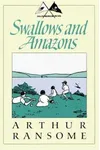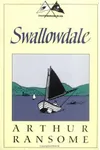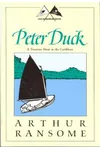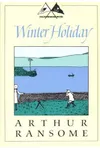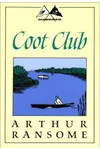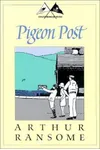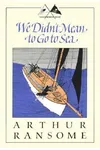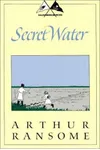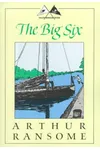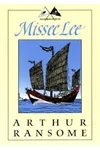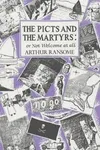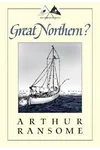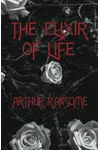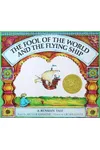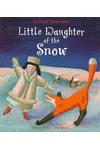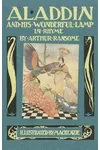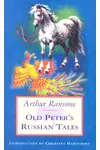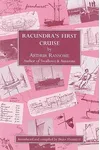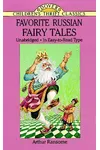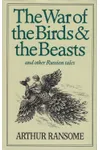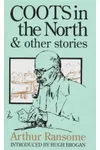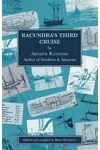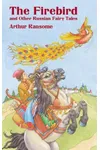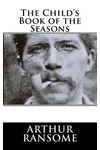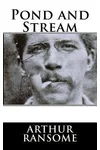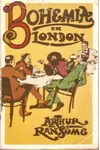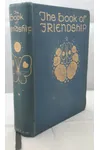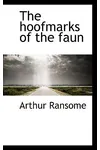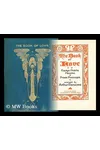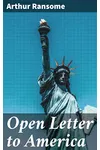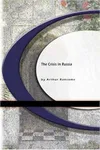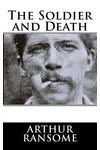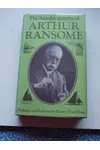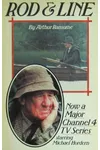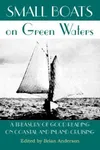Picture an English storyteller who swapped war-torn Russia for the serene lakes of Cumbria, crafting tales of childhood adventure—meet Arthur Ransome! Best known for his 'Swallows and Amazons' series, Ransome spun stories that whisked readers to a world of sailing, camping, and friendship. His knack for capturing the magic of youth made him a cornerstone of children’s literature.
Born in 1884, Ransome’s journey from journalist to beloved author is as captivating as his books. His vivid storytelling, rooted in real places and experiences, continues to inspire readers to grab a paddle and explore.
The Making of Arthur Ransome
Arthur Ransome was born in Leeds, England, on January 18, 1884. A lover of literature from a young age, he grew up exploring the Lake District, where holidays sparked his lifelong passion for nature and adventure. After a stint at Rugby School, he dove into London’s literary scene, working as a publisher’s clerk before finding his calling as a journalist. His adventurous spirit led him to Russia in 1913, where he reported on the Bolshevik Revolution, mingling with figures like Lenin and Trotsky. These experiences honed his knack for vivid, grounded storytelling.
Ransome’s time in Russia wasn’t just about politics—he collected fairy tales and immersed himself in the culture, which later influenced his writing. By the 1920s, he returned to England, settling in the Lake District, where his childhood memories and love for sailing shaped his literary legacy.
Arthur Ransome’s Unforgettable Stories
Ransome’s 'Swallows and Amazons' series, launched in 1930, is his crowning achievement. The first book follows the Walker and Blackett children as they sail and camp in the Lake District, blending real-world grit with imaginative play. Its authentic details—sailing techniques, camping tips—make it feel like a guidebook for adventure. The series, spanning 12 books, includes gems like 'Swallowdale' (1931), a tale of exploration after a shipwreck, and 'Pigeon Post' (1936), which won the inaugural Carnegie Medal for its thrilling mining adventure.
His writing style is crisp yet warm, blending practical know-how with a child’s sense of wonder. Ransome didn’t talk down to his readers; he trusted their curiosity, weaving tales that feel timeless. Beyond the series, 'Old Peter’s Russian Tales' (1916) showcases his love for folklore, retelling Russian stories with a playful, fireside charm. His ability to ground fantasy in reality set him apart, making every story an invitation to explore.
Though 'Swallows and Amazons' dominates his legacy, Ransome’s lesser-known works, like 'The Big Six' (1940), a detective-style adventure, show his versatility. His stories celebrate independence, teamwork, and the joy of discovery, resonating with readers of all ages.
Why Arthur Ransome Matters
Ransome’s impact on children’s literature is profound. His stories, rooted in the Lake District’s rugged beauty, inspired generations to embrace the outdoors. Winning the first Carnegie Medal in 1936 cemented his influence, proving children’s books could be both literary and accessible. His emphasis on self-reliance and imagination shaped authors like Philip Pullman, who praised Ransome’s ability to treat young readers as equals.
Today, Ransome’s books remain in print, and the Arthur Ransome Society keeps his spirit alive through events and sailing programs. His tales remind us that adventure is never far away—just grab a boat or a book and set sail.
About Arthur Ransome
- Born: January 18, 1884, Leeds, England
- Key Works: 'Swallows and Amazons', 'Pigeon Post', 'Old Peter’s Russian Tales'
- Awards: Inaugural Carnegie Medal (1936)
- Died: June 3, 1967
Ready to sail into a world of adventure? Snag 'Swallows and Amazons' and dive into Arthur Ransome’s timeless tales!
